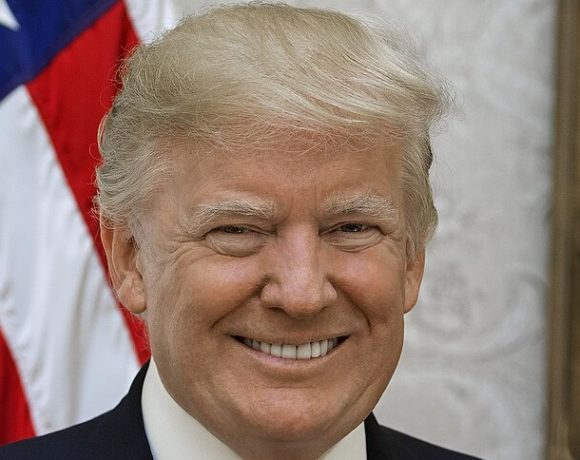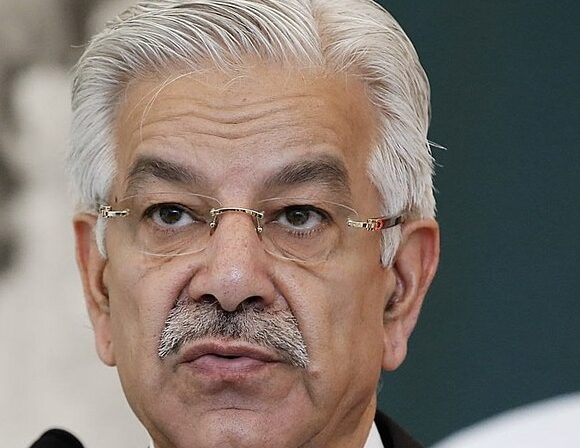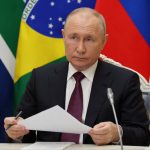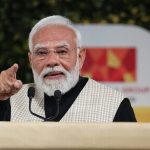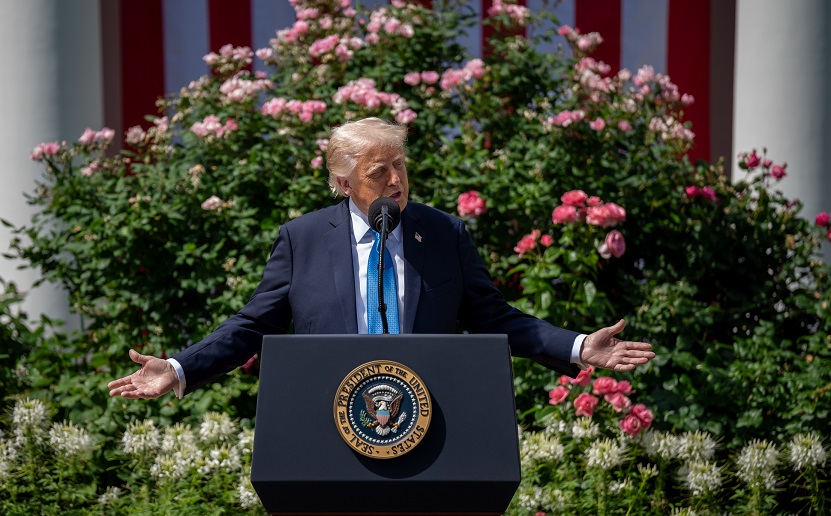
Trump’s 25% Tariff on India-Made iPhones Sparks Legal Storm
U.S. President Donald Trump has once again ignited controversy with a bold policy stance—this time targeting Apple’s overseas manufacturing. On May 23, 2025, Trump announced that he would impose a 25% tariff on all iPhones not made in the United States, escalating pressure on Apple to shift production from India and other countries back to American soil.
California AG Threatens Legal Action
California Attorney General Rob Bonta swiftly responded, stating that his office is prepared to take legal action if Trump follows through with the plan. Speaking from Sacramento, Bonta emphasized that his state would not allow a punitive federal policy to damage the interests of companies headquartered in California.
“We will monitor any resulting policies very closely,” Bonta said, adding that the state is prepared to assess constitutional grounds for a lawsuit if necessary. This potential legal standoff pits California—a Democratic stronghold and home to Apple’s global headquarters—against Trump’s protectionist trade approach.
Apple’s India Manufacturing Strategy at Risk
Apple has increasingly relied on India to assemble iPhones destined for the U.S. market, especially after the fallout from earlier U.S.-China trade tensions. By 2026, Apple aims to make most U.S.-bound iPhones in India, a move seen as both strategic and cost-effective.
However, industry experts warn that relocating manufacturing to the U.S. would lead to a dramatic surge in production costs. Some estimates suggest the price of a base iPhone could triple to around $3,500. Transitioning even 10% of Apple’s manufacturing to the U.S. would require a $30 billion investment and at least three years.
Market Reaction and Global Trade Fallout
Trump’s tariff threats caused Apple’s shares to drop by 3% in premarket trading. The broader market also reacted with concern, especially after Trump hinted at a 50% tariff on goods from the European Union, citing failed trade talks and accusing the EU of exploiting the U.S. through high tariffs and regulatory hurdles.
These announcements mark a reversal of the temporary 90-day tariff pause declared earlier this year, and they risk unraveling ongoing diplomatic trade discussions with both Europe and Asia.
Legal and Economic Implications
Legal scholars suggest that targeting a single company like Apple with a tariff could be challenged in court for violating fair competition and trade norms. If California proceeds with a lawsuit, it could set a historic precedent for how states can legally oppose federal trade policies that directly harm local economies.
Economically, the fallout could hit American consumers hard. iPhones assembled in the U.S. would carry significantly higher retail prices, lowering demand and impacting Apple’s revenue. The tech industry at large could face logistical disruptions, delays, and skyrocketing costs across global supply chains.
As Apple, state leaders, and international trade bodies react, Trump’s tariff gambit could trigger both a legal battle and a new chapter in the ongoing reshuffling of global manufacturing.


